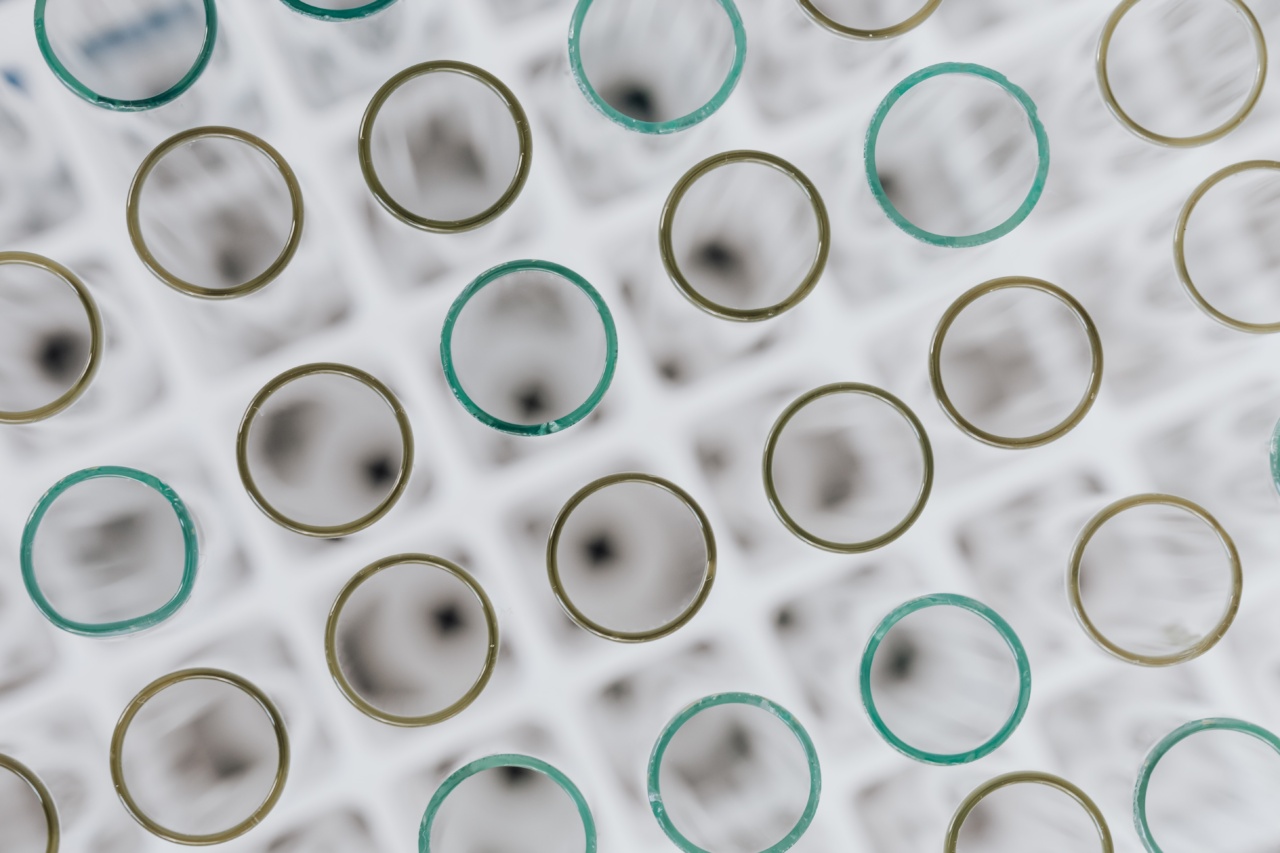Regular medical tests and screenings are necessary for maintaining good health and detecting potential health problems early on. The specific tests a person needs depend on their age, gender, and individual risk factors.
In this article, we will explore the important medical tests recommended for different age groups.
1. Newborns and Infants
During the first few days after birth, newborns undergo a variety of tests to assess their overall health and detect any possible abnormalities. These tests include:.
- Hearing Screening: Tests to identify any hearing impairments or deafness.
- Metabolic Screening: Checks for genetic disorders that could lead to serious health problems if left untreated.
- Jaundice Test: Measures the levels of bilirubin in the baby’s blood to detect jaundice.
- Physical Examination: Overall assessment of the baby’s growth, reflexes, and developmental milestones.
2. Children and Adolescents
As children grow older, there are several important medical tests and screenings that should be conducted at regular intervals. Some of these include:.
- Immunizations: To ensure children receive necessary vaccinations to protect against various diseases.
- Developmental Screening: Evaluates a child’s development, including cognitive, speech, and motor skills.
- Dental Check-ups: Regular dental examinations and cleanings to promote good oral health.
- Vision and Hearing Tests: Assess the child’s vision and hearing abilities.
- Blood Pressure Screening: Checks for any abnormalities in blood pressure levels.
3. Adults (18-30 years)
For young adults, it is crucial to establish a baseline for their overall health. Medical tests and screenings recommended for this age group include:.
- Cholesterol Test: Measures the levels of cholesterol in the blood to assess heart disease risk.
- STI Screening: Testing for sexually transmitted infections to promote sexual health.
- Pap Smear and HPV Test (Female): Screens for cervical cancer and human papillomavirus (HPV), the leading cause of cervical cancer.
- Testicular Examination (Male): The self-examination of testicles to detect any abnormalities or signs of testicular cancer.
- Eye Examination: Evaluates visual acuity and checks for any ocular conditions.
4. Adults (31-50 years)
As adults enter their 30s and 40s, certain medical tests become even more important for early detection of potential health issues. These tests include:.
- Colonoscopy: Screens for colorectal cancer and polyps, recommended every 10 years.
- Blood Sugar Test: Measures fasting blood glucose levels to assess diabetes risk.
- Breast Examination and Mammogram (Female): Identifies any abnormalities or signs of breast cancer.
- Prostate-Specific Antigen (PSA) Test (Male): Screens for prostate cancer.
- Osteoporosis Screening: Measures bone density to assess the risk of osteoporosis.
5. Adults (51+ years)
As individuals reach their 50s and beyond, additional medical tests become crucial for maintaining good health and monitoring potential age-related conditions. Some important tests for this age group include:.
- Bone Density Test: Measures bone strength and screens for osteoporosis.
- Cardiac Stress Test: Assesses heart function and identifies any potential cardiovascular problems.
- Lung Cancer Screening: Recommended for those with a history of heavy smoking or long-term exposure to certain substances.
- Annual Physical Examination: Comprehensive check-up to screen for multiple health conditions.
It is important to note that these recommendations are general guidelines, and the specific medical tests needed may vary based on individual health history, family history, and the advice of healthcare professionals.
Regular communication with a healthcare provider is essential for determining the most appropriate tests for each person at different stages of their lives.






























